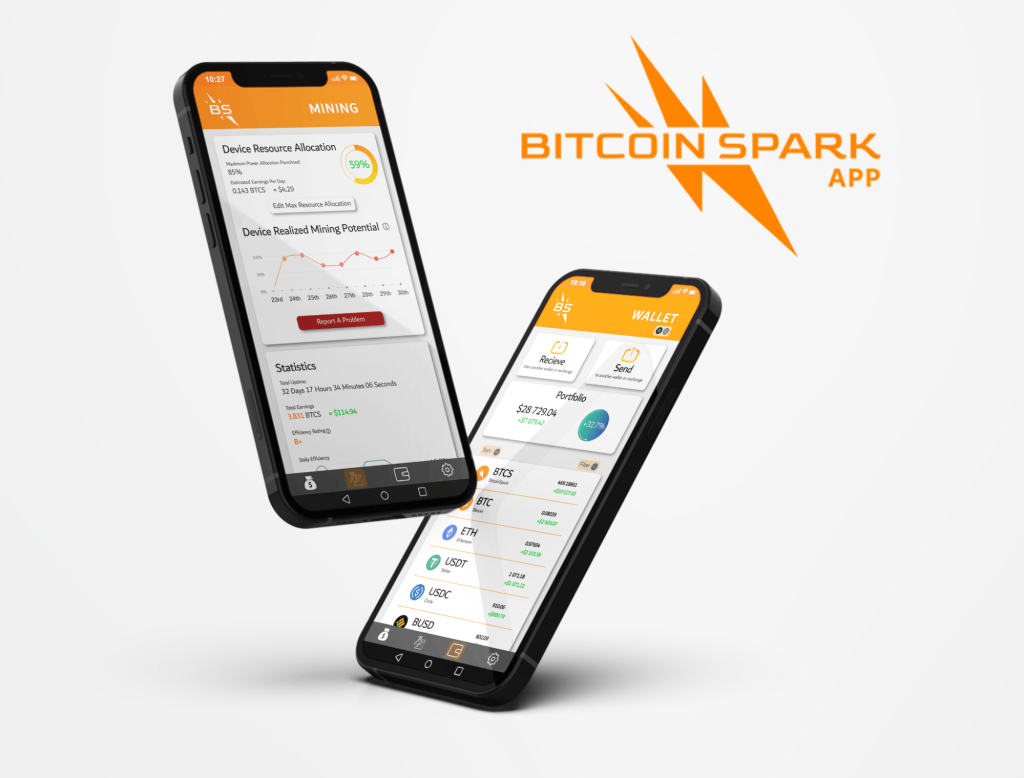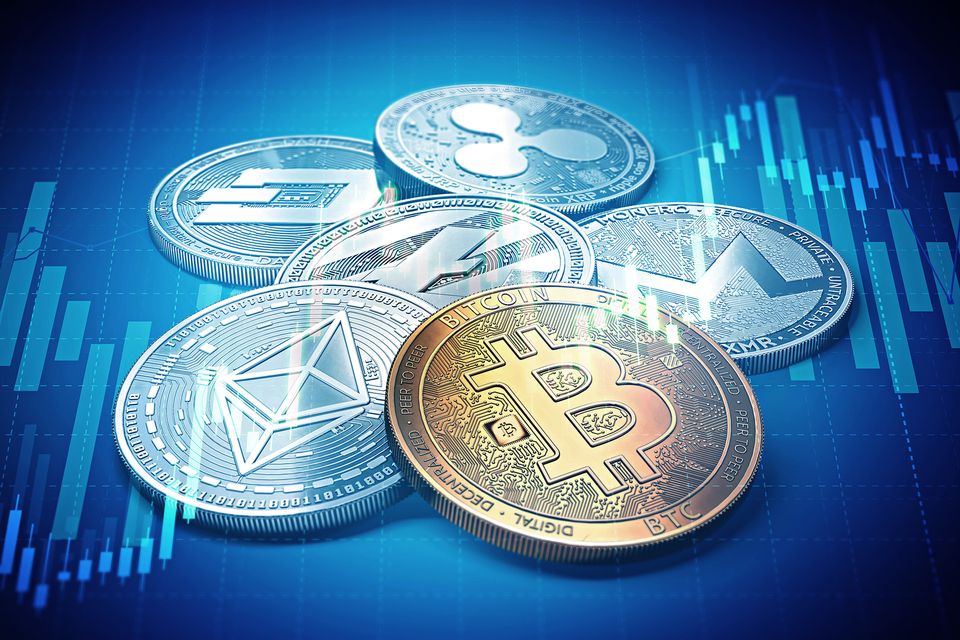As the crypto landscape evolves, experts recommend shaping your future by exploring Bitcoin Spark (BTCS) and Cardano (ADA).
Will crypto keep going up?
Several factors suggest that crypto could continue to go up. Firstly, many businesses and consumers all over the world are embracing cryptocurrency payments. As these digital assets become more ingrained in daily financial activities, their value and utility are likely to see a proportional rise. Additionally, the surge in institutional interest cannot be overlooked. Major financial institutions and corporate entities are not merely dabbling but making substantial investments in cryptocurrencies, injecting credibility into the market. Once cautious, governments are now acknowledging blockchain technology’s potential advantages. As regulatory frameworks take shape, the cryptocurrency landscape gains a veneer of legitimacy and security, offering investors a more stable and regulated environment. Lastly, the continuous advancements in blockchain technology are leading to more scalable and sustainable solutions, contributing to the overall maturation of the crypto market.
What is Cardano?
Cardano is a third-generation blockchain that was founded by Ethereum co-founder Charles Hoskinson, distinguishing itself through a scientific and research-driven approach to development. Third-gen blockchains like Cardano are designed to enhance scalability, sustainability, and interoperability. Cardano achieves this through several factors, including using a layered architecture; the platform is divided into the Cardano Settlement Layer (CSL), responsible for handling the cryptocurrency transactions, and the Cardano Computation Layer (CCL), designed to facilitate smart contracts and decentralized applications (DApps). The platform also leverages a Proof-of-Stake consensus algorithm, Ouroboros, which enhances its scalability and sustainability while minimizing energy consumption. ADA is the native currency of the Cardano network, used for facilitating transactions and participating in governance.
What is Bitcoin Spark?
Bitcoin Spark is an emerging blockchain that seeks to usher in a new generation of cryptocurrency transactions and offer solutions that address the limitations of traditional blockchain networks. The Bitcoin blockchain features a higher individual block transaction capacity, lower block times, and a significantly expanded network of nodes, resulting in faster and more cost-efficient transactions for users. The blockchain is also built with a multi-layered design to boost its scalability. Bitcoin Spark’s dedicated smart contract layer will have separate execution systems that reach singular finality on the main network, enabling the use of both high-level and low-level programming languages. This permits a wider range of developers and smart contract styles, promoting innovation and a larger scope of technical systems.
Additionally, Bitcoin Spark uses its own consensus mechanism, which will reward users for transaction confirmation and processing power contribution, known as the Proof-of-Process (PoP). This innovative mechanism will, however, exponentially reduce the rewards per additional power. This creates a fairer system, which, combined with the vast nodes, enables Bitcoin Spark to accommodate a significantly large number of validators. In fact, the Bitcoin Spark application, which will serve as the network’s native wallet, will also enable seamless participation for users with Windows, Android, iOS, macOS, and Linux devices.

Notably, Bitcoin Spark will enable institutions and individuals to effectively use the power provided by validators for remote computing, introducing decentralized CPU and GPU renting. This pioneering service will be paid for in BTCS, and network validators will share 97% of the earned revenue plus minted BTCS and transaction fees from validated blocks.
Additionally, the Bitcoin Spark network will merge with the marketing industry by having unobtrusive advertising slots on its application and website, also paid for in BTCS. The ads will be community-policed to maintain decentralization, and network participants will receive 50% of the revenue generated and extra incentives for their contribution.
Bitcoin Spark is set to officially launch in the market on November 30 and is currently in the last phase of its Initial Coin Offering (ICO), with BTCS selling at $3.75, accompanied by a 4% bonus. A number of smart contract audits has confirmed the viability and sustainability of the Bitcoin Spark network. Aside from its technological prowess, Bitcoin Spark has a limited supply of 21 million BTCS coins, mimicking the scarcity factor that has made Bitcoin (BTC) be fervently compared to gold.
Conclusion
Cardano (ADA) and Bitcoin Spark (BTCS) are poised to play a pivotal role in the future of blockchain and cryptocurrencies, offering a compelling avenue for exploration and investment. Nonetheless, it’s essential to do your own research before making any commitments.
For more information on Bitcoin Spark:
Website: https://bitcoinspark.org/
Buy BTCS: https://network.bitcoinspark.org/register
Disclosure: This is a sponsored press release. Please do your research before buying any cryptocurrency or investing in any projects. Read the full disclosure here.
Photo by Mediamodifier on Unsplash





